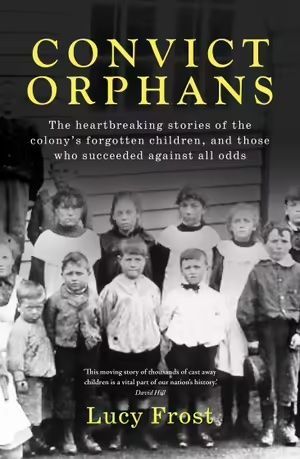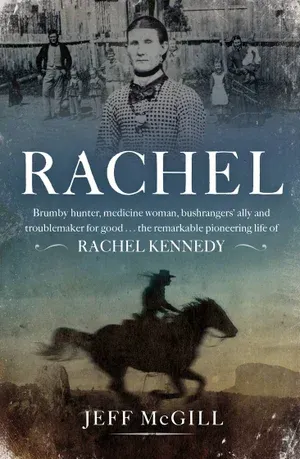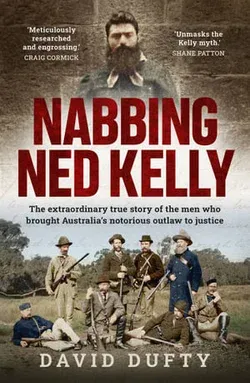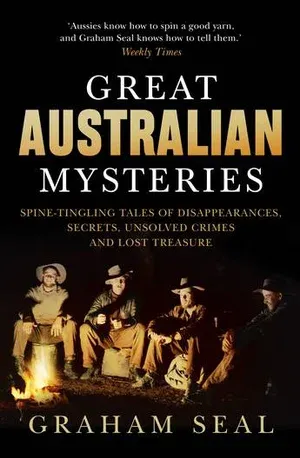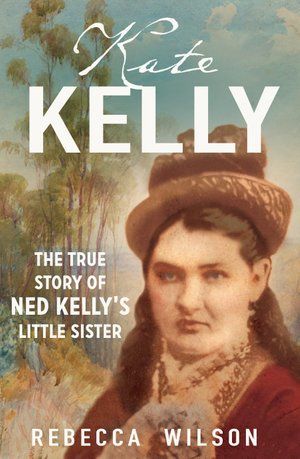Convict Orphans
By Lucy Frost
Published by Allen and Unwin
ISBN 9781761067686
This is quite a compelling and heartbreaking story about the forgotten children of convicts who lived in the Queen's Orphan Schools in Tasmania. It seems that hardly any of these children were orphans.
Many were deposited there by their parents who simply could not afford to look after them. Usually because one parent became widowed and without extended family they could not work and look after one or usually several children.
A good many children found themselves in these loveless institutions from a very early age, some not yet two years old. Some were born in prisons to convict parents, or born on the ships that brought their convict parents to the Colony. For some of these poor little mights it was a safe haven, away from abusive parents, or those that could not afford food or proper shelter. Frequently alcohol was a problem as the parent/s tried to forget their woes and dire situations. Others were there because a parent remarried and the new spouse wouldn't allow the children to be part of the new household.
One family of siblings would not have expected to be in this situation, their father had retired after years in the army and was given a heavily wooded parcel of land. He decided to rent land instead but when he accidentally died his widow was left with no means of support and unable to care for their children.
Some children excelled and won awards for their spelling, reading, behaviour, religious knowledge and by the age of twelve or thirteen they were indentured out as free labour to households and farms across the island state. According to the research in Convict Orphans a great deal were treated harshly, made to work long hours and generally slave labour.
I found most of the stories heartbreaking and wondered how on earth the people who took on the responsibility for these children to feed and clothe them well, teach them a trade, household or farming skills would be so cruel to children. The idea was to ensure that these children who had a rotten start to life would be able to go out after they turned 18 to be able to find meaningful employment,
However, it appears that most children hated their placements, were forced to work in awful conditions, some very long hours, do jobs they despised and as a result a good deal absconded. Once caught this usually resulted in punishment. Gaol time, often with hard labour. Fortunately for some their employers did not wish to press charges and would take them back again, but some became serial runaways.
It is a beautifully written book from her research filled with heartbreaking stories, but also good heartwarming ones as the final chapter goes into details of several "orphans" who made the most of their indentured training and went on to lead successful lives.
Reading these stories is a stark reality compared to the lives of children today and yet there are similarities with some institutions in Australia today.
This an easy to read well written book that is worthwhile reading.
This is independent review, I am not paid by the publishers, so.If you Liked this review, Buy me a coffee

